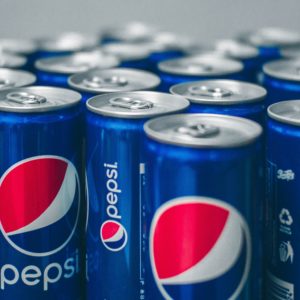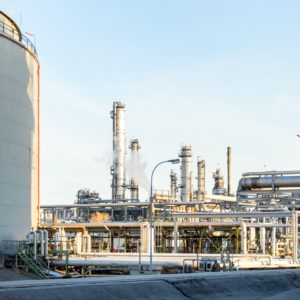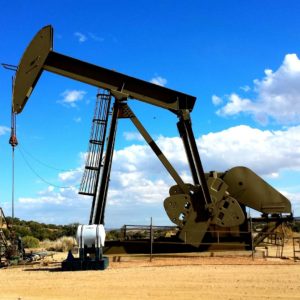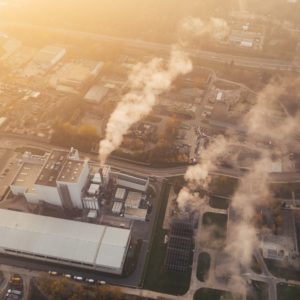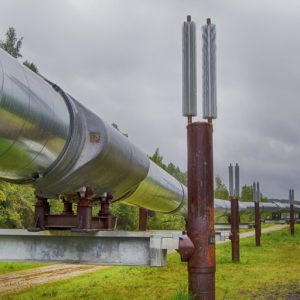"The venture will help PepsiCo meet its targets to cut carbon emissions by more than 40% by 2030 (against a 2015 baseline) and achieve net-zero emissions by 2040, 'but also helps us give back to the local communities where we operate,' says Wim Destoop, vice president and general manager of PepsiCo Northwest Europe."
Articles from Around the Web
Record Fertilizer Prices Drive Investors, Farmers to Microbes
"Startups marketing alternative crop fertilizers said they are gaining traction among U.S. farmers and investors, pitching themselves as a potentially cheaper option as prices for traditional fertilizers surge."
The “bug” that turns waste gases into useful chemicals
"The company is also looking beyond the gases coming from smokestacks and exploring how it can convert other types of waste. LanzaTech is able to gasify solid waste, like plastics, non-recyclable trash, and discarded agricultural materials, turning them into syngas which can then be digested by the bacteria, Dower said."
Europe Needs Natural Gas And America Could Help—If We Could Get Out Of Our Own Way
"Exporting more liquefied natural gas to Europe would create good-paying jobs here and provide EU countries with a friendly supplier they could rely on while they increase their own energy production, whether that be more gas production, nuclear plants, solar power, or something else."
Vacuuming carbon from the air could help stop climate change. Not everyone agrees
"Simply put, the idea is to absorb carbon dioxide emissions that have already accumulated in the atmosphere. Then, those emissions would be locked away in some kind of permanent storage, generally in underground geologic formations, so they don't escape to create more warming down the road. But despite carbon dioxide's power to heat the planet, it's very diffuse, making up less than 1% of the atmosphere. That makes it tricky to capture from the air in large quantities."
A Bipartisan Energy Deal?
"Any worthwhile deal, at a minimum, should make the National Environmental Policy Act (NEPA) a less lethal regulatory weapon. While a large pipeline can be built in a year or two, federal permitting can take two to three times as long. If there are lawsuits—and there always are—you’re looking at a decade or more. Add that to the cost in present value of any energy or other project."
Extremely lightweight hydrogen tanks could quadruple the range of passenger airliners
"HyPoint's technology is extremely lightweight compared with traditional fuel cells and it could allow airliners to fly up to four times farther than traditional passenger aircraft."
Russian Gas Stoppages Spur Europe’s Race for New Energy Supplies
"For Moscow, the decision to throttle gas flows to Poland and Bulgaria is a high-risk gamble that could undermine one of main supports of Russia’s embattled economy. Oil and gas sales provide around 40% of the Russian government’s revenues. The EU is Russia’s main gas market."
Can AI help create less carbon-intensive concrete?
"Once the AI model came up with lower-carbon recipes for concrete, the researchers tasked a concrete supplier with whipping up the new batches. And since the new formulas had performed well in testing, Meta used them in construction on its data center in DeKalb, Illinois—specifically a guard tower and an office building for the construction crew."
In defense of trees for climate action
"The fact remains that harnessing the power of nature to fight climate change is one of the greatest tools we have at our disposal. If implemented properly, natural climate solutions could account for more than one-third of the emissions reductions we need by 2030."
